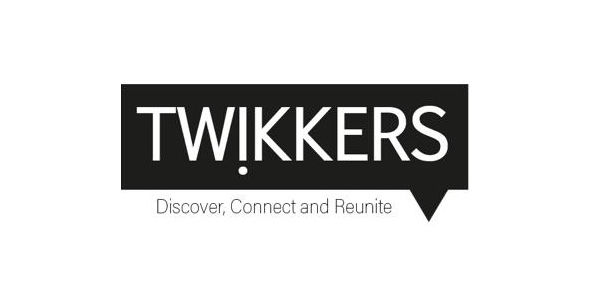Isocyanates are a vital component in the production of polyurethane, a versatile polymer used in various industries ranging from automotive to construction. The isocyanates market plays a significant role in driving innovation and meeting the demand for high-performance materials across different sectors. This article delves into the dynamics of the isocyanates market, analyzing key trends, challenges, and opportunities shaping its trajectory.
Market Overview:
The Isocyanate Market Size has witnessed steady growth in recent years, propelled by increasing industrialization, urbanization, and the demand for lightweight, durable materials. Polyurethane, the primary end-use application for isocyanates, finds extensive usage in insulation, adhesives, coatings, and flexible or rigid foams. The automotive sector, in particular, is a major consumer of polyurethane, driving the demand for isocyanates globally.
Key Trends:
Sustainability Initiatives: With growing environmental concerns, there is a rising emphasis on sustainable practices within the Isocyanate Market Trends. Manufacturers are investing in research and development to create eco-friendly alternatives and reduce the carbon footprint associated with isocyanate production processes.
Technological Advancements: Continuous innovation in production techniques and formulations is enhancing the efficiency and performance of isocyanates. Advancements such as green chemistry, improved catalysts, and novel raw materials are shaping the landscape of the market, enabling manufacturers to meet stringent regulatory standards and consumer preferences.
Shift Towards MDI: Methylene diphenyl diisocyanate (MDI) is gaining prominence over toluene diisocyanate (TDI) due to its superior properties, including high thermal stability and lower toxicity. The shift towards MDI is driven by its extensive applications in insulation, construction, and automotive sectors, presenting lucrative opportunities for market players.
Challenges:
Regulatory Compliance: Stringent regulations regarding the handling, storage, and disposal of isocyanates pose challenges for manufacturers, particularly concerning worker safety and environmental protection. Compliance with regulations such as REACH (Registration, Evaluation, Authorization, and Restriction of Chemicals) requires significant investments in infrastructure and resources.
Volatility in Raw Material Prices: Isocyanate production is closely linked to the availability and pricing of raw materials such as benzene and toluene. Fluctuations in raw material prices, influenced by factors like geopolitical tensions and supply chain disruptions, can impact the profitability of manufacturers and hinder market growth.
Health and Safety Concerns: Isocyanates are known to pose health risks, including respiratory sensitization and skin irritation, necessitating stringent safety measures in handling and exposure prevention. Ensuring worker safety and implementing adequate ventilation systems are critical challenges faced by stakeholders in the isocyanates market.
Opportunities:
Emerging Economies: Rapid industrialization and infrastructure development in emerging economies present significant growth opportunities for the Isocyanate Market Analysis. Increasing investments in construction, automotive manufacturing, and consumer goods industries fuel the demand for polyurethane, driving market expansion in regions such as Asia-Pacific and Latin America.
Product Diversification: Diversifying product portfolios to cater to niche applications and emerging trends offers avenues for market players to differentiate themselves and capture new market segments. Customized formulations targeting specific performance requirements, such as bio-based isocyanates or specialty polyurethane products, can unlock growth opportunities in niche markets.
Collaborative Partnerships: Collaborations between manufacturers, research institutions, and government agencies can foster innovation and accelerate the development of sustainable solutions within the isocyanates market. Joint ventures, strategic alliances, and technology transfer agreements facilitate knowledge exchange and resource sharing, driving collective progress towards common goals.
Conclusion:
The isocyanates market continues to evolve amidst shifting consumer preferences, regulatory landscapes, and technological advancements. While facing challenges related to sustainability, regulatory compliance, and health concerns, the market also presents abundant opportunities for growth and innovation. By embracing sustainability initiatives, harnessing technological advancements, and exploring new market avenues, stakeholders can navigate the complexities of the isocyanates market and thrive in a competitive landscape.
Isocyanate Market Highlights:
About Market Research Future:
Market Research Future (MRFR) is a global market research company that takes pride in its services, offering a complete and accurate analysis with regard to diverse markets and consumers worldwide. Market Research Future has the distinguished objective of providing the optimal quality research and granular research to clients. Our market research studies by products, services, technologies, applications, end users, and market players for global, regional, and country level market segments, enable our clients to see more, know more, and do more, which help answer your most important questions.
Contact:
Market Research Future®
99 Hudson Street,5Th Floor
New York, New York 10013
United States of America
Phone:
+1 628 258 0071(US)
+44 2035 002 764(UK)
Email: sales@marketresearchfuture.com
